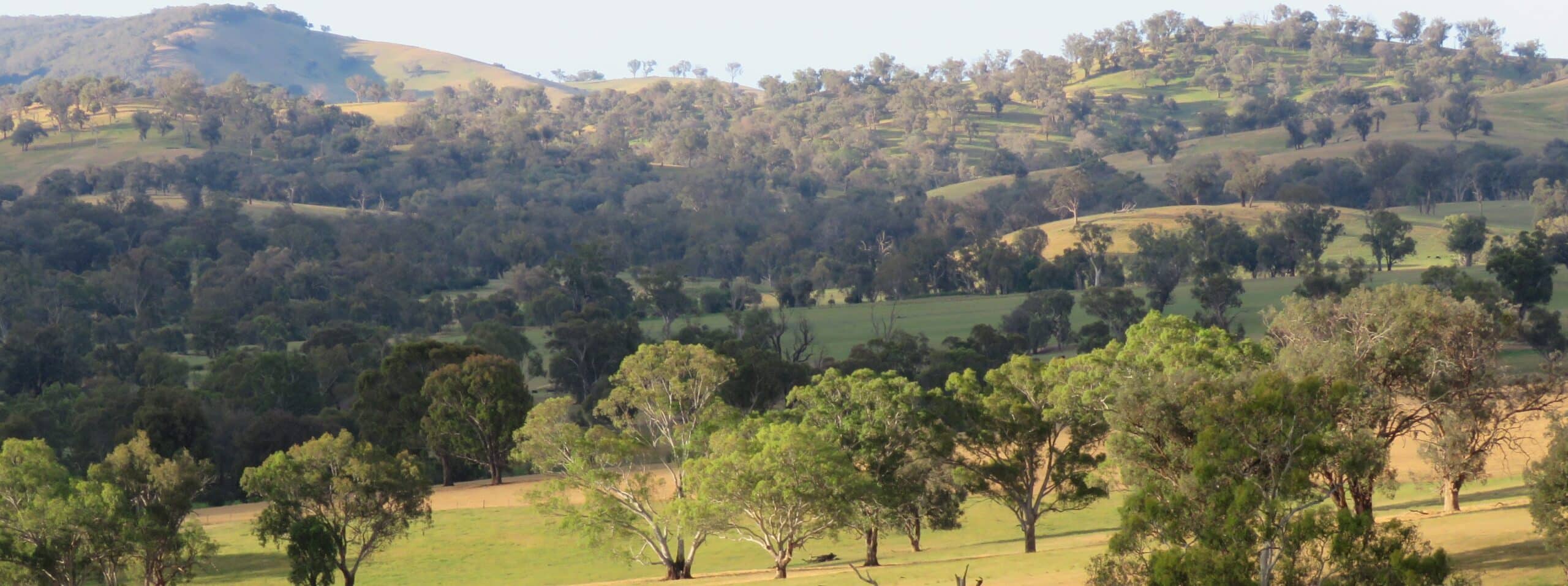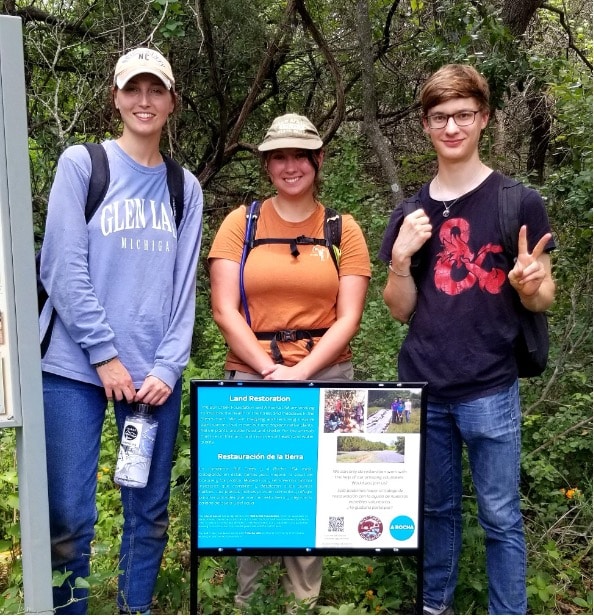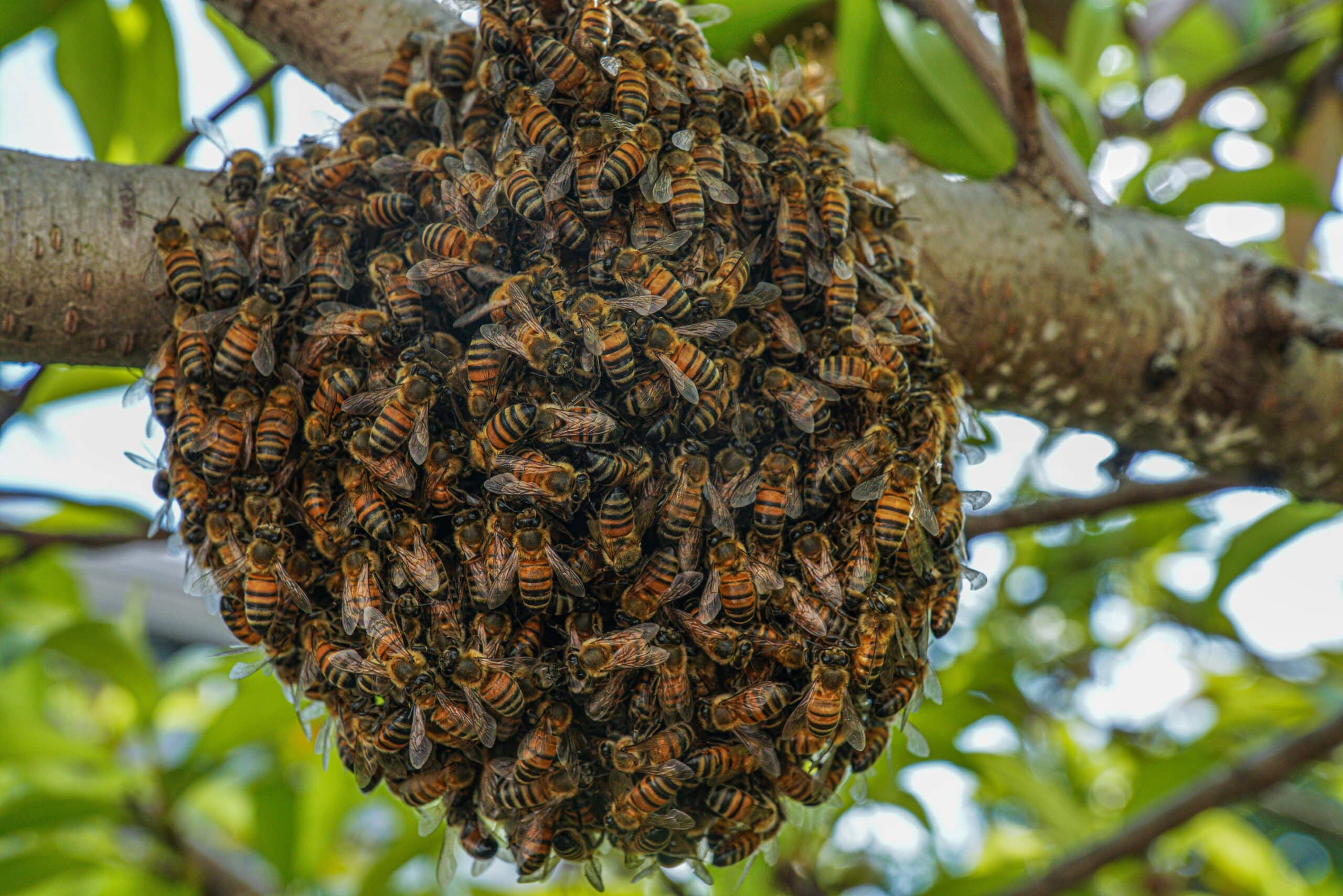Mental health and a beautiful but groaning creation
Common wisdom has it that time spent in nature has enormously positive impacts on mental health. It reduces feelings of stress, reminds us we are part of something bigger, helps us to be more physically active and lifts mood. The beauty of a flower, the comedy of baby creatures, the calm of a lake surface: these are profoundly soothing for troubled souls. But now the converse may be the case. Nature can be bad for mental health.
Levels of ‘eco-anxiety’ are high and rising, particularly among children and young people and clinicians warn of significant individual and societal impact. Where once the raw beauty of a thriving world drew people to worship the God who made it, now its diminished, faded glory provokes anger and fearful doubts. Has creation ever been more audibly groaning, to use Paul’s word from Romans 8? Dearly loved places are stripped of familiar foliage; birds and insects rarely sighted; extreme weather events are more frequent and more extreme each passing year.
One solution would be to stay indoors and install digital windows portraying glorious (albeit fake) views of unspoilt natural beauty. If that thought fills you with horror as it does me, here are some other ideas for engaging with the reality of the natural world in a way that benefits rather than undermines your mental health.
1. See the world with eyes of faith
We could easily look around us and focus on what’s wrong. Or we could choose to see something else. Psalm 19:1 says, ‘The heavens declare the glory of God; the skies proclaim the work of his hands’. Romans 1:20 adds, ‘God’s invisible qualities – his eternal power and divine nature – have been clearly seen, being understood from what has been made.’ The evidence of God’s character is writ large in creation, and his character is gloriously good. I know as well as anyone that you can have faith in a good God and still suffer from clinical depression (or any other mental health disorder). But consciously turning attention to God while in the great outdoors is a helpful practice in dark times.
2. Put down roots
Israel’s exile in Babylon qualifies as a dark time. Instead of changing their situation, God told them through the prophet Jeremiah to settle down and plant gardens (Jeremiah 29:5). While there are known therapeutic benefits to getting your hands in the soil and growing things, that’s not what this verse was talking about. In this particular context, it meant living and not just waiting. It meant, ‘You are here for now. Get stuck in.’ However long we are in the place we are, it is a good idea to put down roots, get to know the local patch and make home.
3. Take care
Species are going extinct at a terrifying rate, clean water is scarce, air pollution is at unsafe levels in many places, diseases are becoming more severe and contagious – what is a person to do? Firstly, those of us who struggle with mental health must remember there is no way we can (on our own) avert the environmental crisis unfolding around us. Thankfully the world has a saviour – Jesus Christ. All things were made by him and for him (Colossians 1:17) and he has promised eternal faithfulness. Secondly, it is right to care for creation regardless of whether what we do tips the scales towards a good outcome. It is God’s world, and he mandated us to look after it. Thirdly, even doing something small helps hold eco-anxiety at bay.
In conclusion, heading for the great outdoors is not a pure boost to human wellbeing. But we were created for life in the garden of Eden, and for interdependent relationships with the rest of the natural world. As we do what we can to care for our place, we’ll be blessed by its God-soaked delightfulness and generous provision for our needs.



